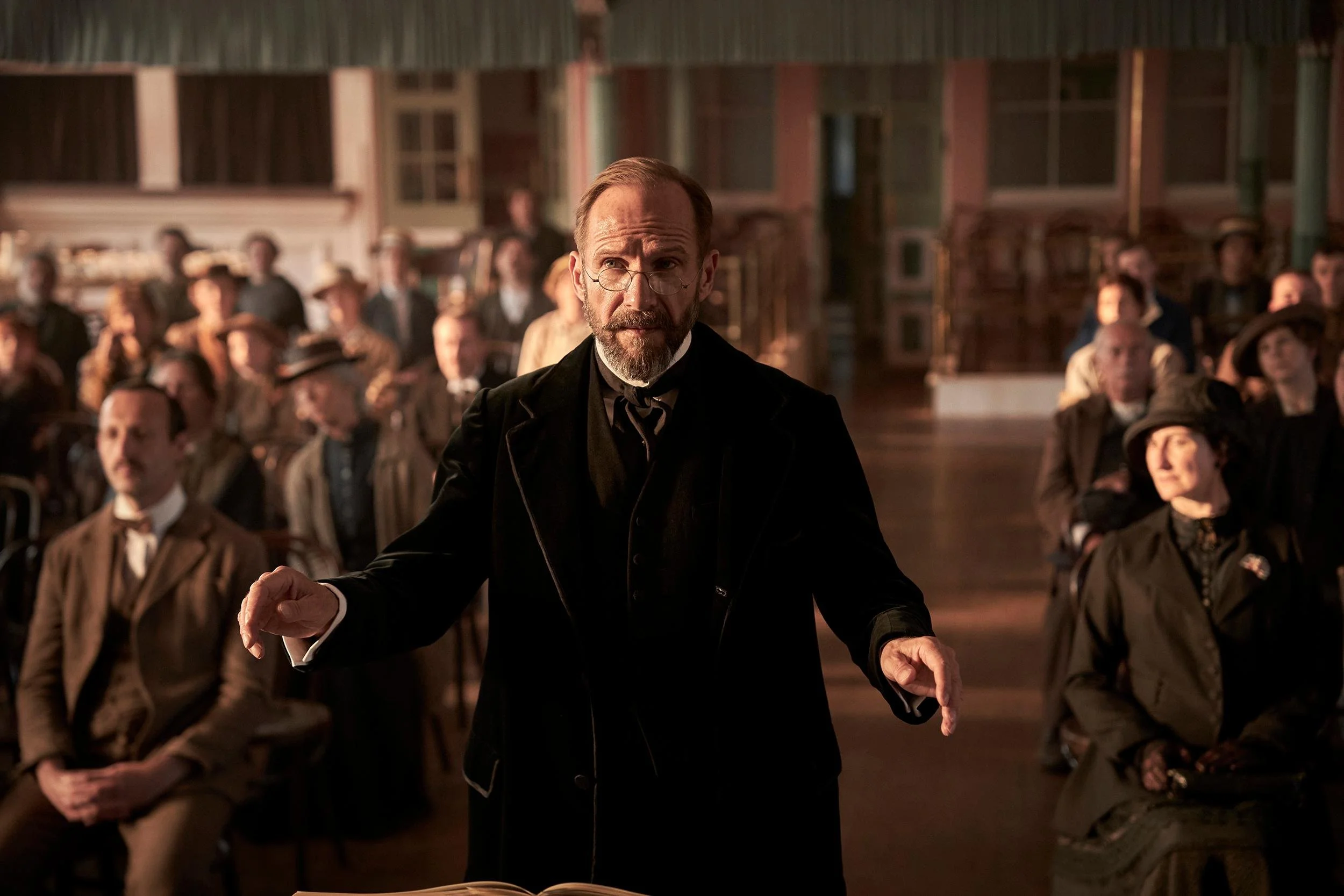Film review: Test Pattern takes a taut and riveting look at the fallout from sexual assault
Race, class, and gender play subtly into a film that forces us to readjust our preconceptions
The Cinematheque streams Test Pattern until March 4
CLASSIC TEST patterns were the coloured bars that television stations would broadcast so viewers could adjust their receivers.
In Shatara Michelle Ford’s smart and riveting first feature film, that metaphor works on multiple levels—but most interestingly as it applies to the viewer. The story constantly requires you to shift and readjust your biases and presumptions. Its spare story of a sexual assault’s effect on an interracial couple slyly forces you to confront the subtleties of racism, classism, and sexism in healthcare and other systems across society.
Test Pattern opens with an ominous scene: a Black woman is foggy and half-asleep, barely perched on a bed, with a white man handing her a drink.
From here, crucially, Ford flashes abruptly back to the same woman, Renesha (Brittany S. Hall), first meeting Evan (Will Brill), a shy white tattoo artist who will become her live-in boyfriend. Ford spends the time necessary showing what love, trust, and consent means, following the couple on a few dates before they sleep together. Jump months or years later, and we see how they’ve grown together. The fact they live cozily in Austin, Texas, a city that likes to think of itself as a progressive outpost in a red state, is no accident.
The class dynamic between them comes into play as much as the racial one: similar to the equally compelling Pieces of a Woman, she is educated, with a high-paying corporate job; he lives in flip-flops and ripped t-shirts, happy just “making enough” as a tattoo artist. And similar to Pieces of a Woman, a trauma will test their devoted relationship.
Evan is about as gentle and progressive as they come; when he’s not pulling on a floral apron to cook Renesha breakfast, he’s listening closely to how she’s feeling about work. Offbeat, likable, and awkward, Brill is perfect in the role. Equally important to the test that is coming is that Renesha is smart, assertive, and strong.
The sense of dread is visceral when Renesha, months or possibly years into their relationship, heads out for a “girls night” to celebrate her new job. A pair of e-commerce suits—notably, white—start to hit on them, plying her and her Black girlfriend with drinks.
Ford never shows us in graphic detail what happens to Renesha later that night; it’s horrific enough that she can’t remember. The portrayal forces you to shift your preconceptions, not just about what sexual assault looks like, but about any specific ways a woman should respond to it. Renesha is neither obsessed with revenge nor paralyzed with fear or shame. She’s open with her concerned partner about everything, so traumatized she just wants a bath.
But Evan insists on taking her out on an exhausting quest for a rape kit while she’s still in shock. He wants to help her, and he’s worried, but how much of it is his desire for revenge or some feeling of ownership of her? Those are the questions you have to unpack as they drive from hospital to hospital, facing indifference, long waits, and a shortage of kits (a story that’s been covered over decades in the U.S.). The indignities are small but cumulative: Renesha, for instance, is forced to hold in her first pee of the day for hours to get a proper forensic sample.
The key here seems to be that Evan insists the system should work, and Renesha, as a woman of colour, knows it doesn’t.
Ford amplifies the anxiety with heady camera work and the angular strings of a psychological-thriller soundtrack. Even more potently, she gives scenes new shades by moving back and forth through memory. We get insight into the way Renesha feels amid her new all-white coworkers, or we see a revealing conversation with Evan. They’re details that shift our perception of the central story without ever asserting a single point of view.
Ford shows incredible authority and style in her first film--one potent enough to get us to readjust our "receivers". Now if we could only readjust our systems.













